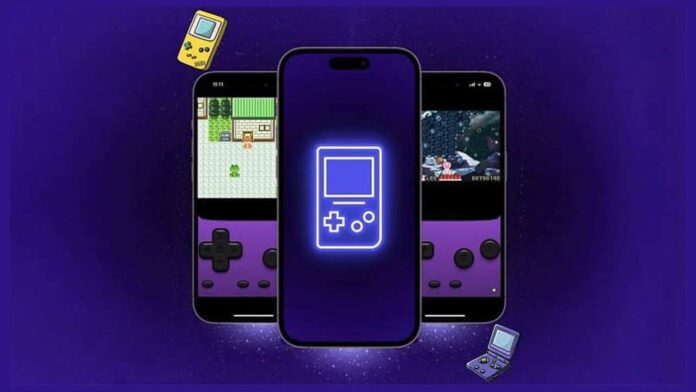Table of Contents
Introduction: The Apple App Store’s Latest Controversy
In a recent turn of events, the Apple App Store witnessed a tumultuous journey with the introduction and subsequent removal of the iGBA emulator. This emulator, designed to allow iPhone users to play Game Boy games by utilizing free ROMs from the internet, created waves but was short-lived within the App Store ecosystem.
The Emergence of iGBA: A Game Boy Advance Emulator
iGBA’s Swift Acceptance
Initially, GBA gained rapid acceptance and soared to the top of the App Store charts, marking a significant milestone as one of the first Apple-accepted emulators for iPhone users. This surge in popularity was fueled by the emulator’s promise to bring beloved Game Boy titles to modern iOS devices.
Backlash and Criticism
However, amidst its meteoric rise, iGBA faced severe backlash on social media platforms. Criticisms primarily revolved around the perception of emulator as a subpar duplication of existing open-source work, notably GBA4iOS developed by Riley Testut. Users lamented the presence of intrusive advertisements within emulator, tarnishing its initial appeal.
Developer Discontent: Riley Tes tut’s Response
Unsanctioned Replication
Riley Testut, the creator of GBA4iOS, expressed dismay over iGBA’s unauthorized replication in a public statement. Testut voiced his concerns regarding the lack of permission for such emulation efforts, particularly highlighting the presence of ads and tracking within emulator.
App Review Process and Consumer Protection
Testut’s remarks underscored the importance of Apple’s App Review process in safeguarding consumers from potential scams and rip-offs. The clash between emulator and GBA4iOS highlighted broader issues of intellectual property protection and ethical emulation practices.
Legal Ramifications: Nintendo’s Stance and App Store Policies
Nintendo’s Copyright Concerns
Nintendo, a prominent player in the gaming industry, maintains strict policies against the distribution and usage of pirated game copies. While Nintendo’s stance on emulation and ROM usage is clear, their involvement in the removal of iGBA emulator from the App Store remains unconfirmed.
App Store Compliance and Guidelines
Apple’s decision to remove iGBA stemmed from apparent violations of its App Review Guidelines, particularly regarding copyright infringement and spam-related content. This incident underscores the ongoing challenges faced by developers navigating the intricate policies of digital distribution platforms.
The Future of Emulation: Delta and Beyond
Tes Tut’s Ongoing Projects
Despite the setback with iGBA, Riley Testut continues to innovate in the emulation space. His creation of Delta, another Nintendo game emulator, raises questions about its potential integration into the App Store ecosystem in light of evolving guidelines.
Market Dynamics and Third-Party Solutions
The Emergence of third-party markets like AltStore provides alternative avenues for distributing emulators and apps that may not conform to Apple’s stringent App Store policies. The interplay between official app channels and external markets underscores the complex landscape of digital distribution.
Conclusion: Navigating the App Store Landscape
The saga of iGBA’s rise and fall within the Apple App Store encapsulates the intricacies of digital content regulation, developer ethics, and consumer expectations. As technology evolves, the balance between innovation and compliance remains a pivotal challenge for stakeholders across the digital ecosystem.













